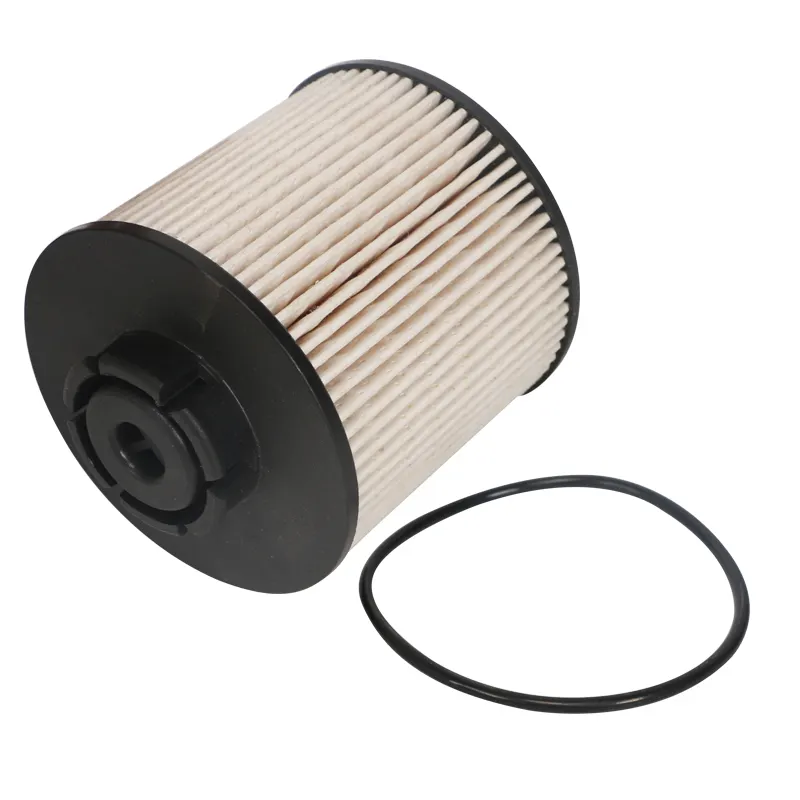Aug . 19, 2024 19:52 Back to list
Automotive OEM Air Filters for Enhanced Engine Performance and Efficiency
The Importance of OEM Air Filters in Automobiles
In the automotive industry, the term OEM stands for Original Equipment Manufacturer. This designation is significant when considering replacement parts for vehicles, particularly air filters. OEM air filters are specifically designed to meet the exact specifications and quality standards set by the vehicle manufacturer, ensuring optimal performance and longevity of the engine.
The Importance of OEM Air Filters in Automobiles
Choosing OEM air filters as replacements offers several advantages over aftermarket options. One of the primary benefits is compatibility. OEM filters are designed to fit perfectly within the vehicle's specific model and engine type. This ensures that the filter seals properly, preventing unfiltered air from entering the engine and causing potential damage. Aftermarket filters, while often cheaper, may not provide the same level of fit or filtration, leading to subpar performance and possible engine wear.
oem air filter automobile

Another critical aspect is the quality of materials used in OEM air filters. Manufacturers invest significant resources into the development of their parts and materials, ensuring that they can withstand various environmental conditions and provide effective filtration. OEM filters typically use higher-quality materials that can trap smaller particles, whereas some aftermarket options may compromise on material quality to reduce costs. This difference can result in less effective filtration and potential long-term damage to the engine.
Additionally, using OEM air filters helps maintain warranty coverage. Many vehicle manufacturers require that owners use OEM parts to keep their warranty valid. Opting for an aftermarket filter could lead to complications if an issue arises that is linked to the filter's performance. By using OEM parts, vehicle owners can ensure they comply with warranty requirements and avoid disputes with manufacturers.
Moreover, the performance advantages of OEM air filters manifest in various ways. A clean air filter improves engine horsepower, increases fuel efficiency, and enhances overall drivability. When an engine receives optimal airflow due to an efficient filter, it can perform at its best without the strain caused by reduced airflow. This translates to a smoother ride and potentially lower fuel expenses over time.
In conclusion, the role of OEM air filters in automobiles cannot be overstated. They are integral to maintaining engine health, optimizing performance, and enhancing fuel efficiency. When replacing air filters, choosing OEM options ensures compatibility, quality, and adherence to warranty requirements. While the initial investment may be higher than that of aftermarket filters, the long-term benefits — including improved vehicle performance and reduced maintenance issues — make OEM air filters a wise choice for any conscientious vehicle owner. Investing in the right parts ultimately leads to a more reliable and efficient automobile, underscoring the importance of quality in vehicle maintenance.
-
Car Air Filter 17801-31090-OEM Quality|PP Filter, ISO Certified
NewsAug.10,2025
-
Car Air Filter OEM Quality 17801-31090/17801-0P010 - QINGHE COUNTY ANNAITE AUTO PARTS CO.,LTD
NewsAug.10,2025
-
Ultimate Antiskid Tires: Superior Grip & Safety Performance
NewsAug.10,2025
-
Car Air Filter 17801-31090 / 17801-0P010 OEM Quality - QINGHE COUNTY ANNAITE AUTO PARTS CO.,LTD
NewsAug.09,2025
-
Car Air Filter 17801-31090/17801-0P010-OEM|High Efficiency&Durability
NewsAug.09,2025
-
17801-31090 Car Air Filter - QINGHE COUNTY ANNAITE AUTO PARTS CO.,LTD | OEM Quality, Durability
NewsAug.09,2025


